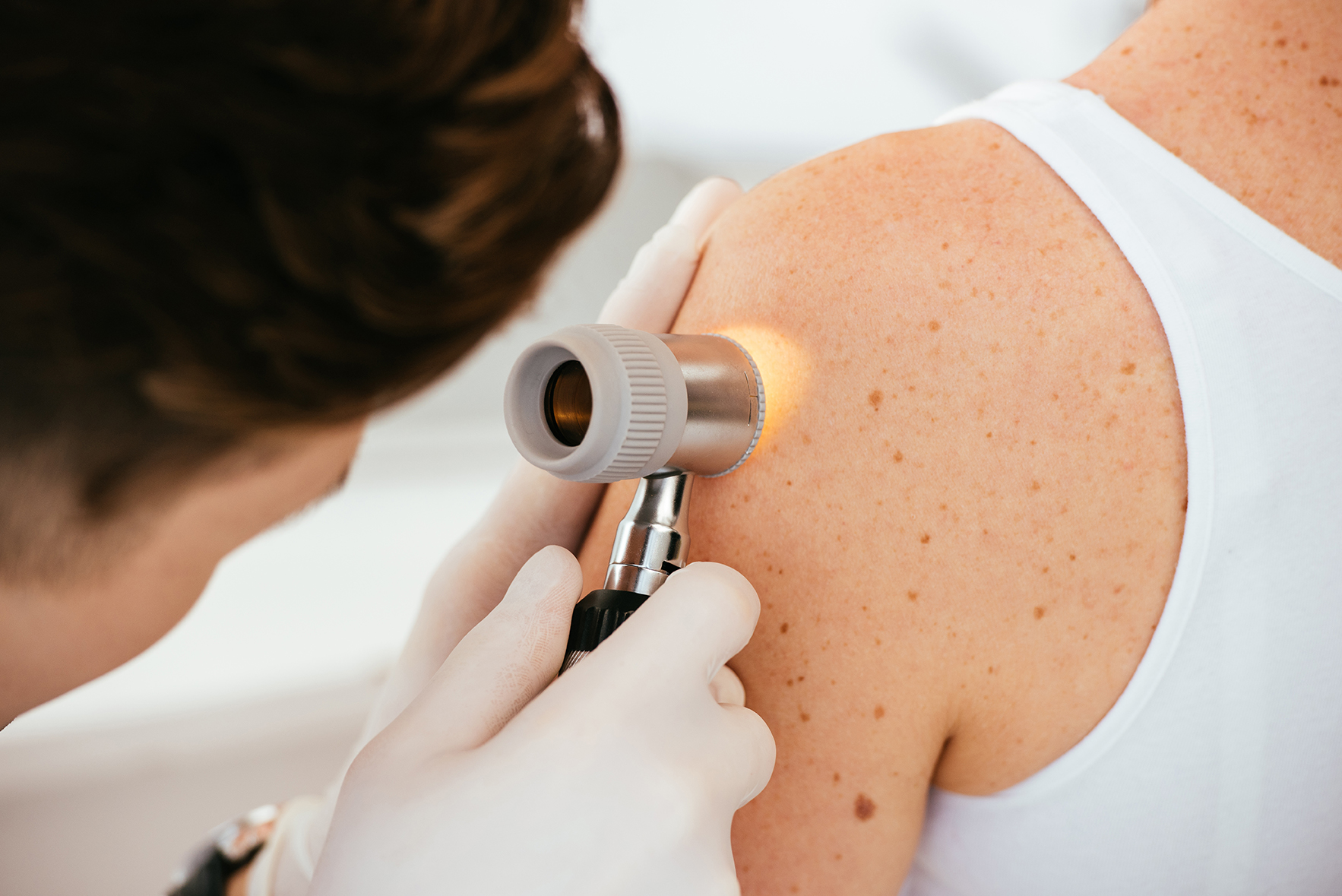- Chris Comans
- 2 Comments
What to Expect During a Skin Cancer Check in Perth
Skin cancer is one of the most prevalent forms of cancer in Australia, and Perth is no exception due to its sunny climate. Regular skin checks are vital for early detection and treatment, which can significantly improve outcomes.
If you’re considering a skin cancer check in Perth but are unsure what to expect, this guide will walk you through the process, alleviate your concerns, and help you prepare for your appointment.
Understanding Skin Cancer Checks
A skin cancer check is a thorough examination of your skin by a qualified professional, usually a skin cancer screening practitioner in Perth who has specialised training in skin cancer medicine. The primary goal is to identify any suspicious moles or skin changes that could indicate skin cancer, including melanoma, basal cell carcinoma, or squamous cell carcinoma.
Preparing for Your Skin Check Appointment in Perth
Before your appointment, there are several steps you can take to ensure a smooth process:
Document Your Skin History
Take note of any moles, spots, or skin changes you’ve observed. Pay attention to any that have changed in size, shape, or colour.
Gather Personal Information
We get you to complete a skin screening health history at the time of booking, this is prior to attending any appointments. Be prepared to discuss your personal and family history of skin cancer, as well as any previous skin issues you’ve faced.
Dress Appropriately
Wear clothing that allows for ease of removal. You will remove clothing in stages, therefore not exposing full-body skin at one time (underwear stays on) A head to toe dermatoscopic assessment of the skin is performed, excluding under the underwear.
What Happens During the Check?
When you arrive for your skin cancer check in Perth, you can expect the following steps:
1. Initial Consultation
Your skin cancer screening practitioner will review and discuss the information you provided when you booked the appointment. We will discuss your medical history, any concerns you may have, and the reasons for your visit. This is an excellent opportunity for you to ask questions and express any specific worries.
2. Skin Examination
The examination itself typically lasts about 20 minutes, depending on the number of moles and the extent of the check. The clinician will closely inspect your skin from head to toe, including areas that are often overlooked, such as between your toes, your nails, and in your mouth.
We will use a dermatoscope, a handheld device that magnifies the skin and applies light filters, that allow for a more detailed view so we can apply algorithms to your moles and spots.
3. Assessment of Moles
The practitioner will evaluate each mole or spot based on algorithms that they have been trained in. They will look for any irregularities that could indicate skin cancer.
4. Discussion of Findings
After the examination, your clinician will discuss their findings with you. If they identify any suspicious moles, they may need a referral to a skin cancer doctor or your GP for management and or treatment.
5. Recommendations and Follow-Up
Based on the results, your practitioner will provide recommendations for further action. If everything looks clear, they may advise regular skin checks every 6 to 12 months, especially if you have a history of skin cancer or numerous moles.
Importance of Regular Skin Checks
In Western Australia, where our climate is harsh, regular skin checks are crucial in the fight against skin cancer. Early detection can lead to more straightforward treatment and better outcomes. It’s recommended that adults check their skin regularly for any new or changing spots and schedule professional skin checks at least once a year.
Conclusion
If you live in Perth, Western Australia, our clinic is conveniently located in Subiaco. A skin cancer check in is a vital step in maintaining your skin health, especially given our climate and our states high UV levels. Understanding what to expect during the process can help ease any anxiety you might have.
Remember,early detection is key to successfully managing skin cancer, so don’t hesitate to schedule your check-up today. Your skin’s health is worth it!

Best Practices for Self-Skin Checks Between Professional Screenings - SkinChx
How Often Should You Get a Skin Check in Perth?